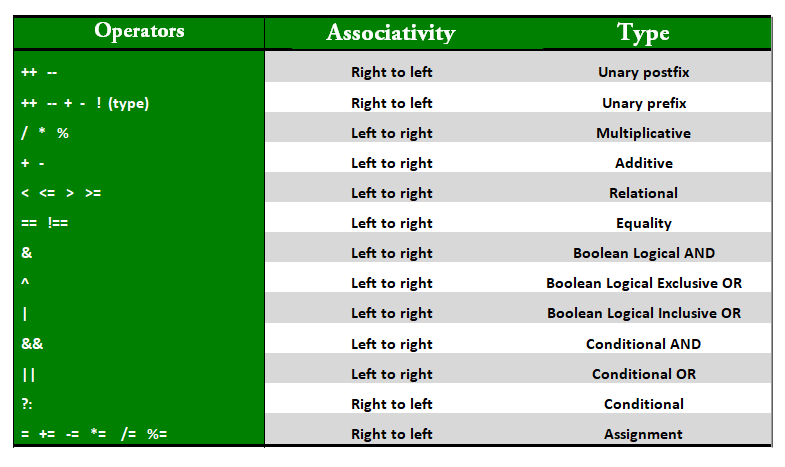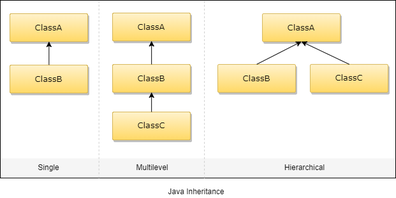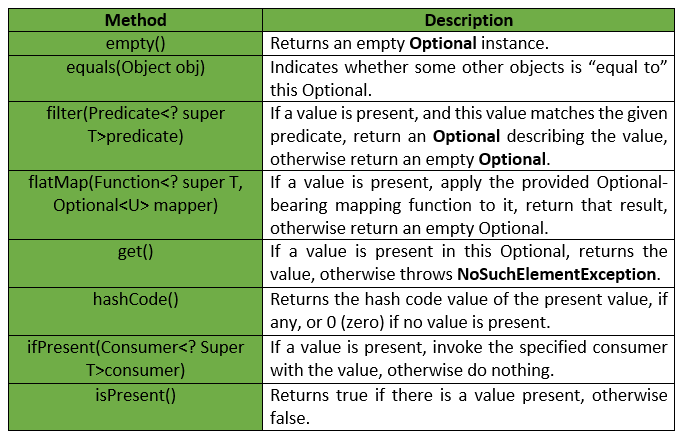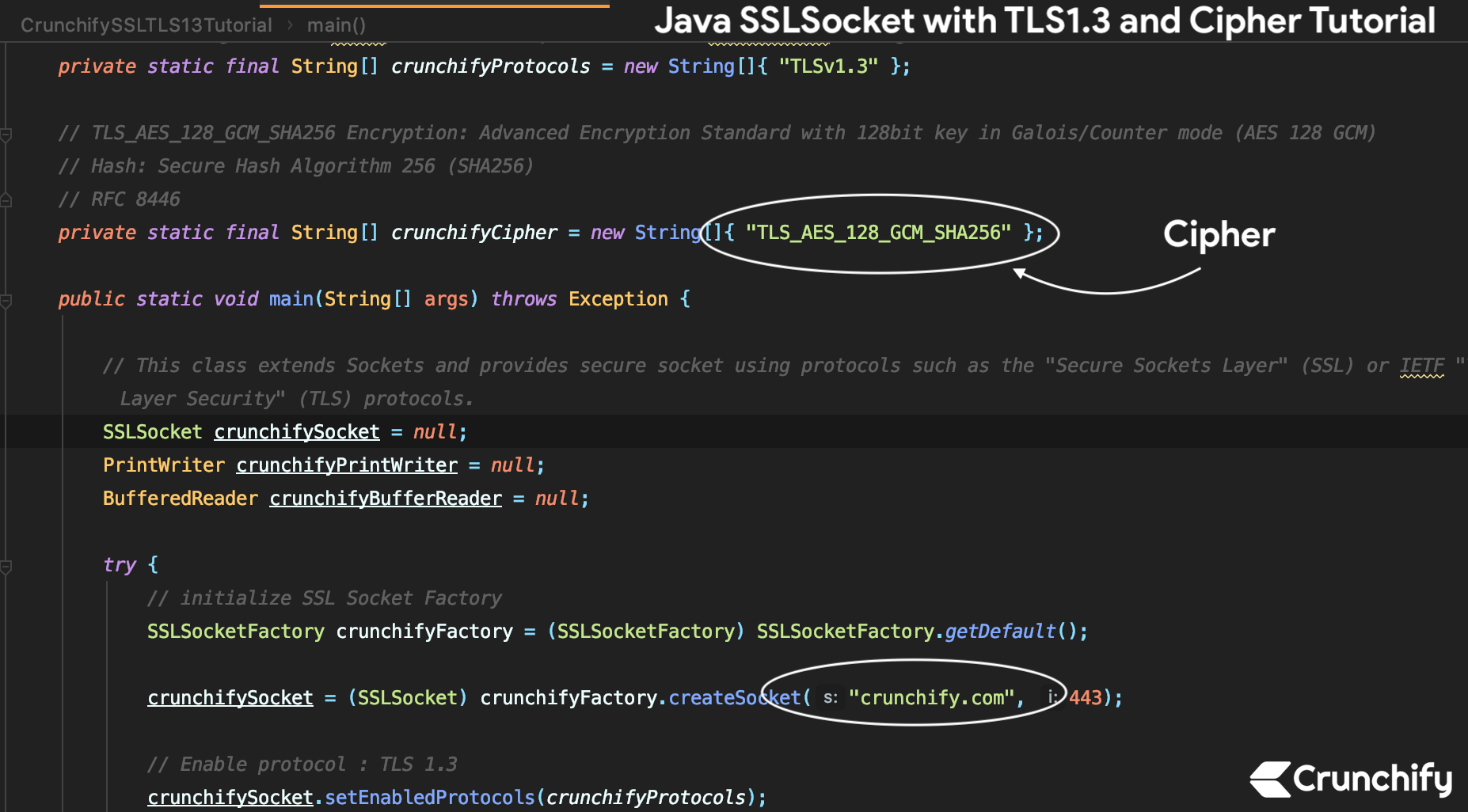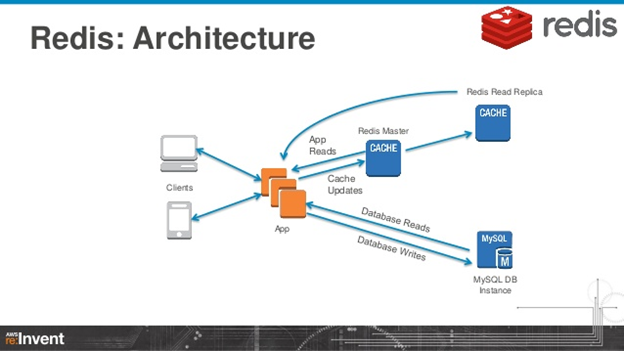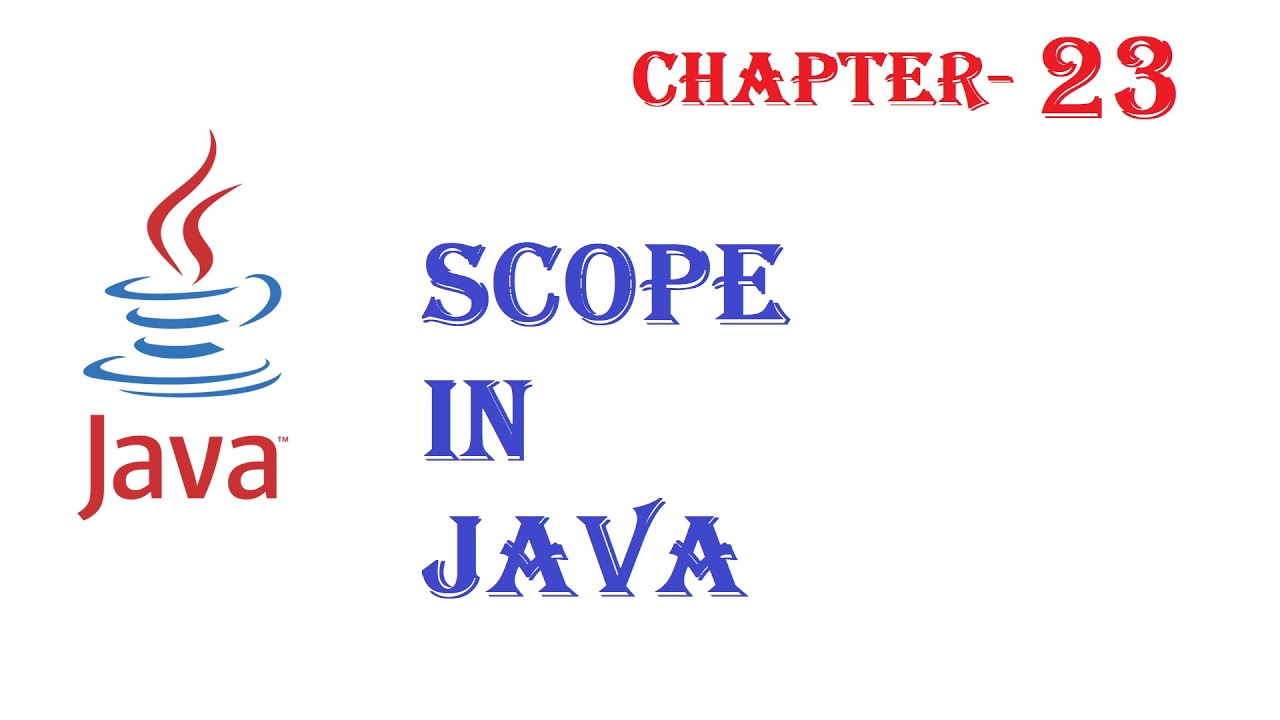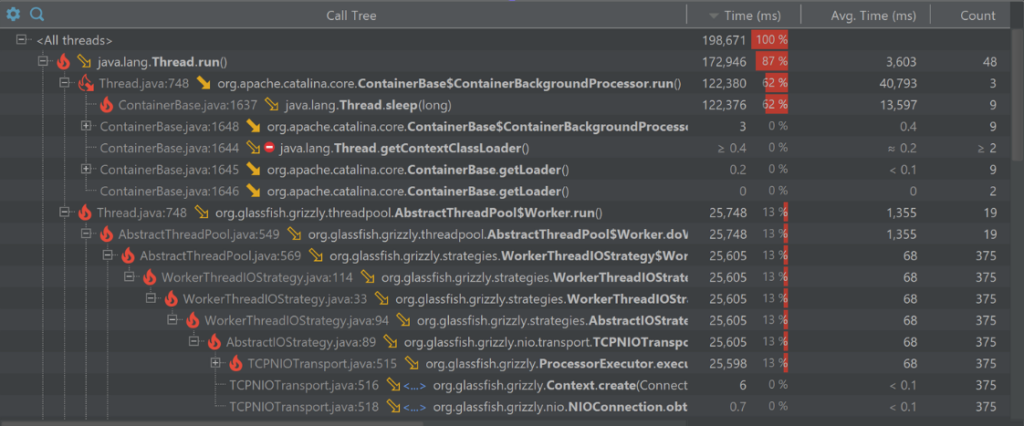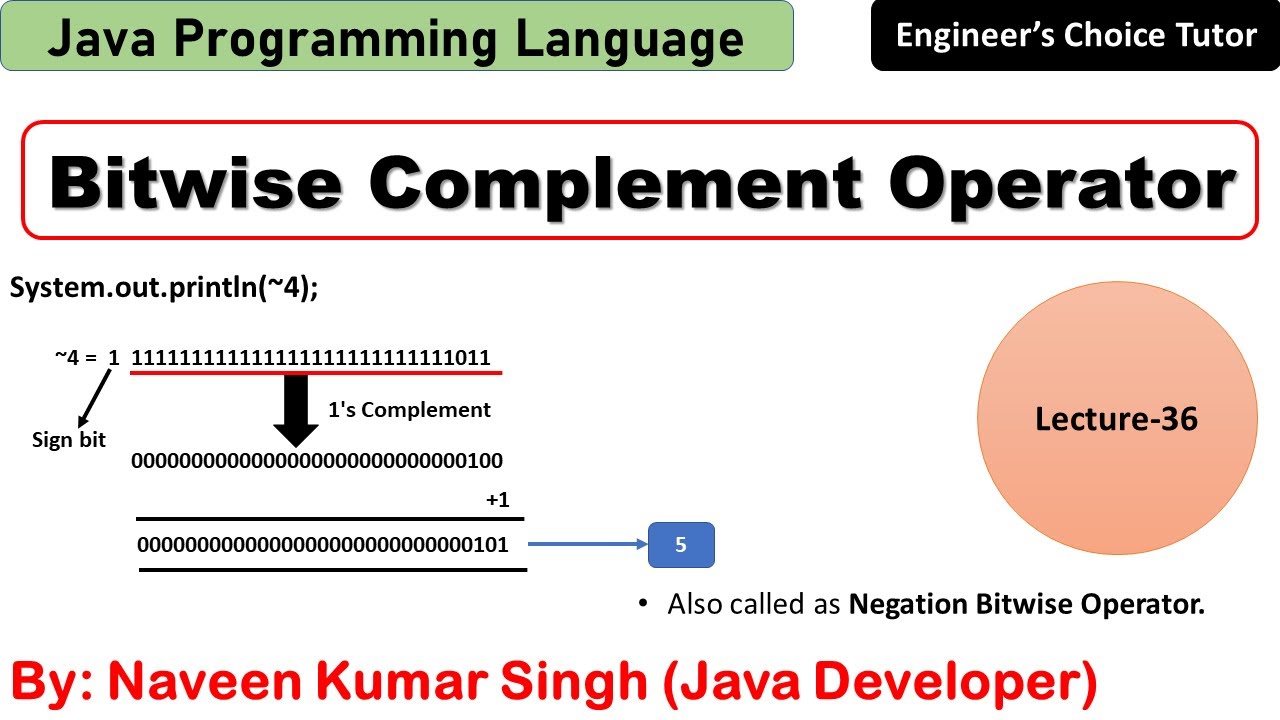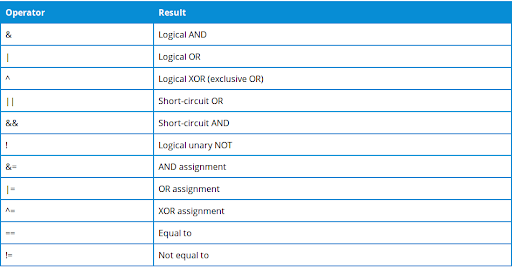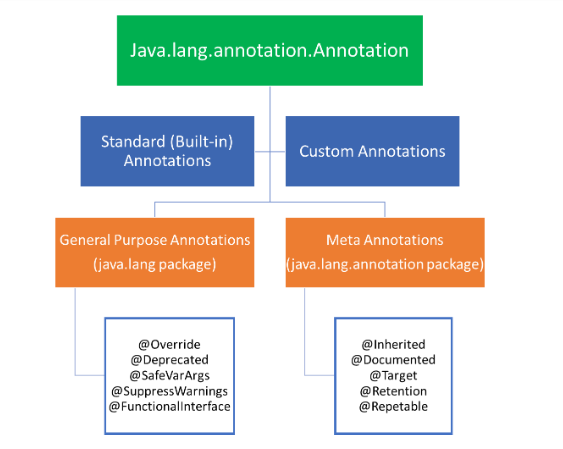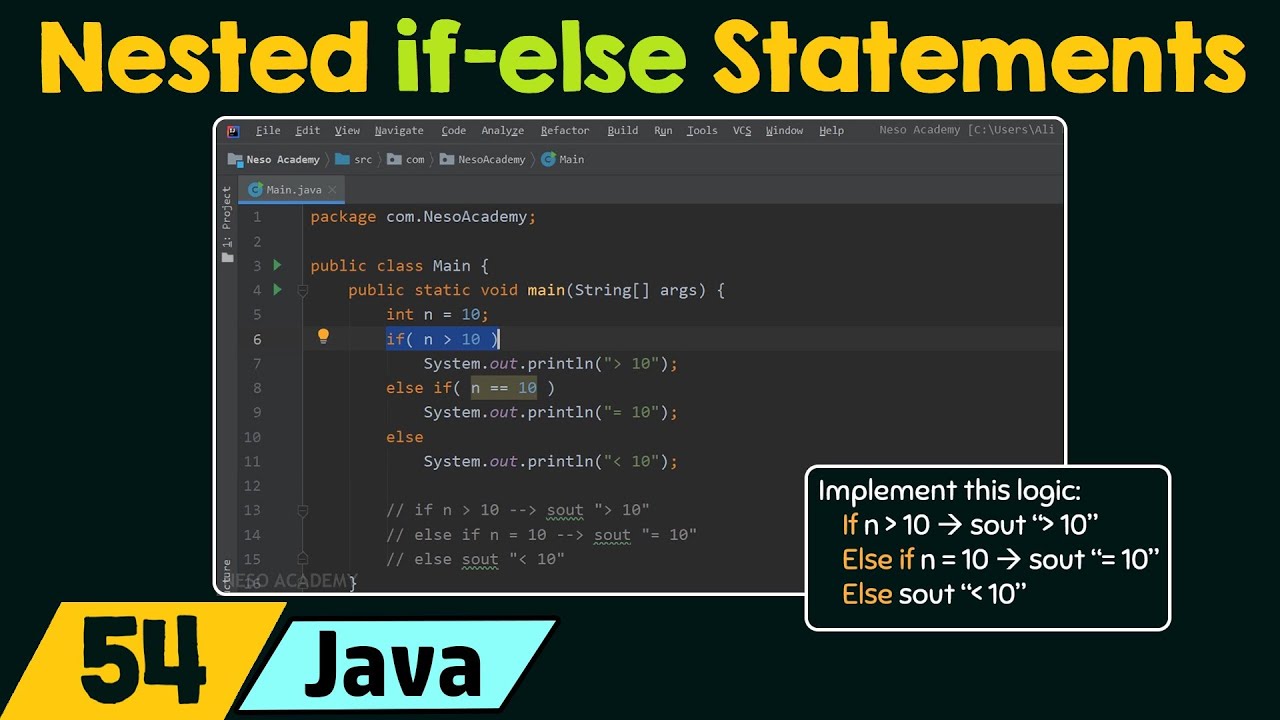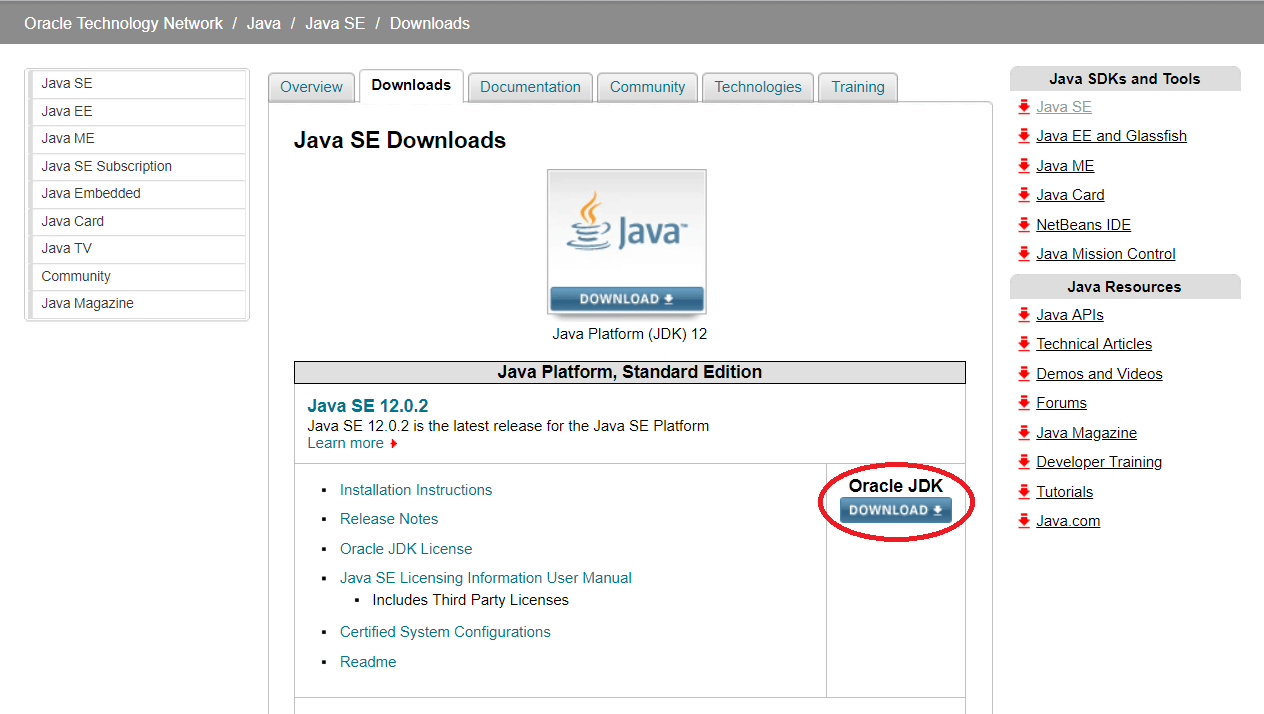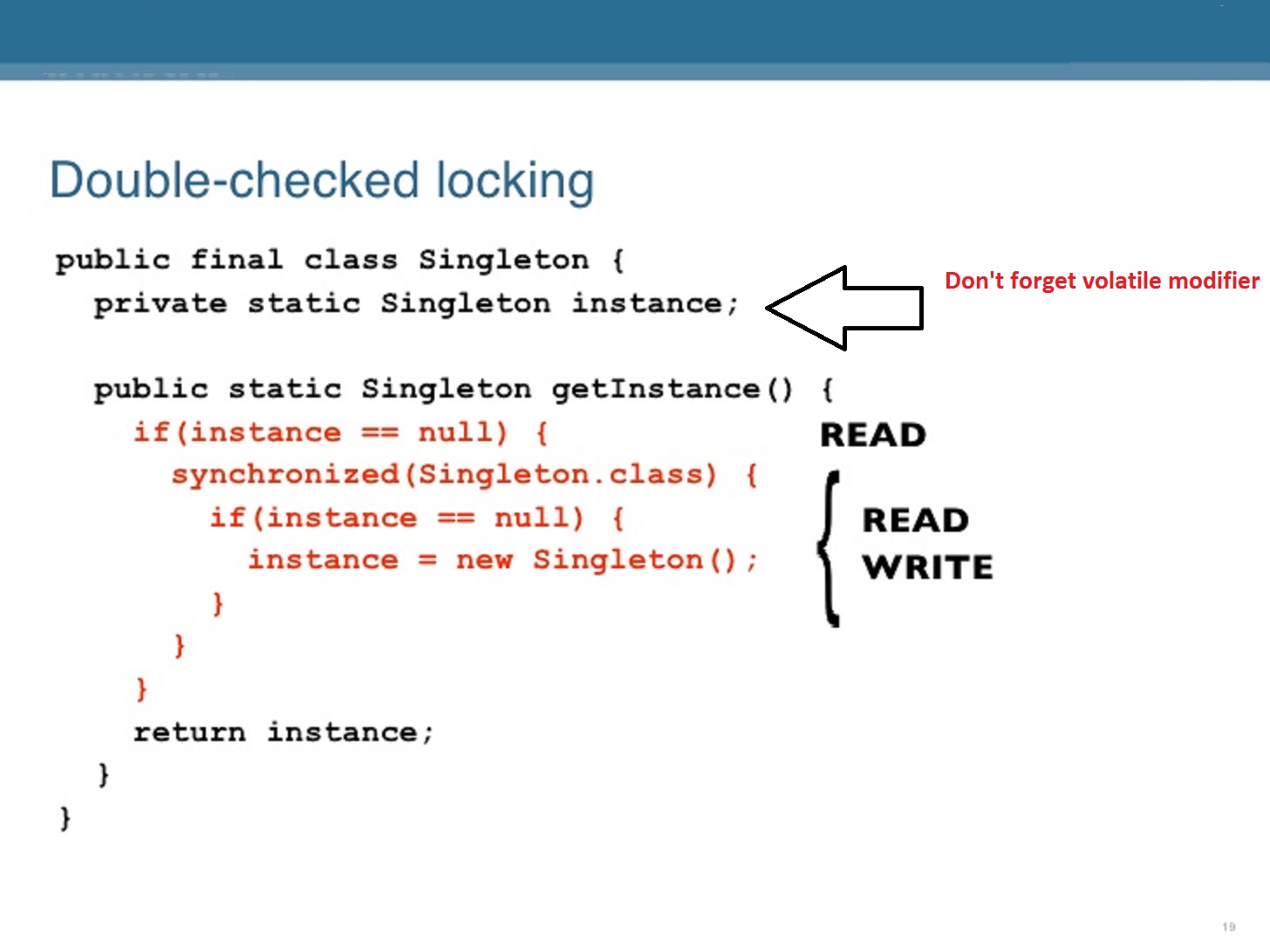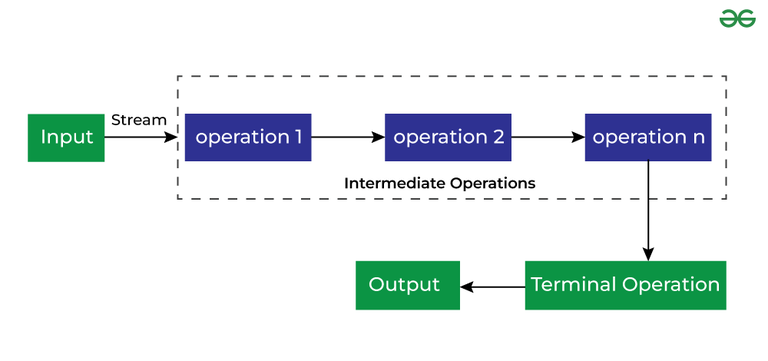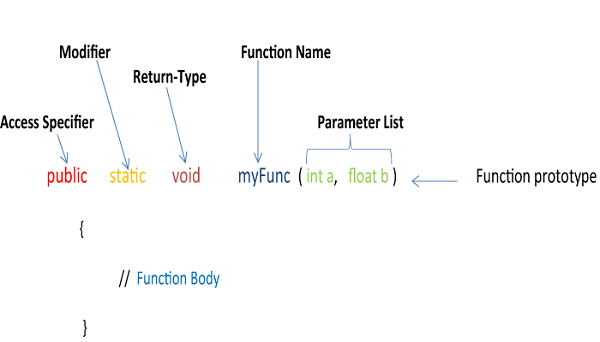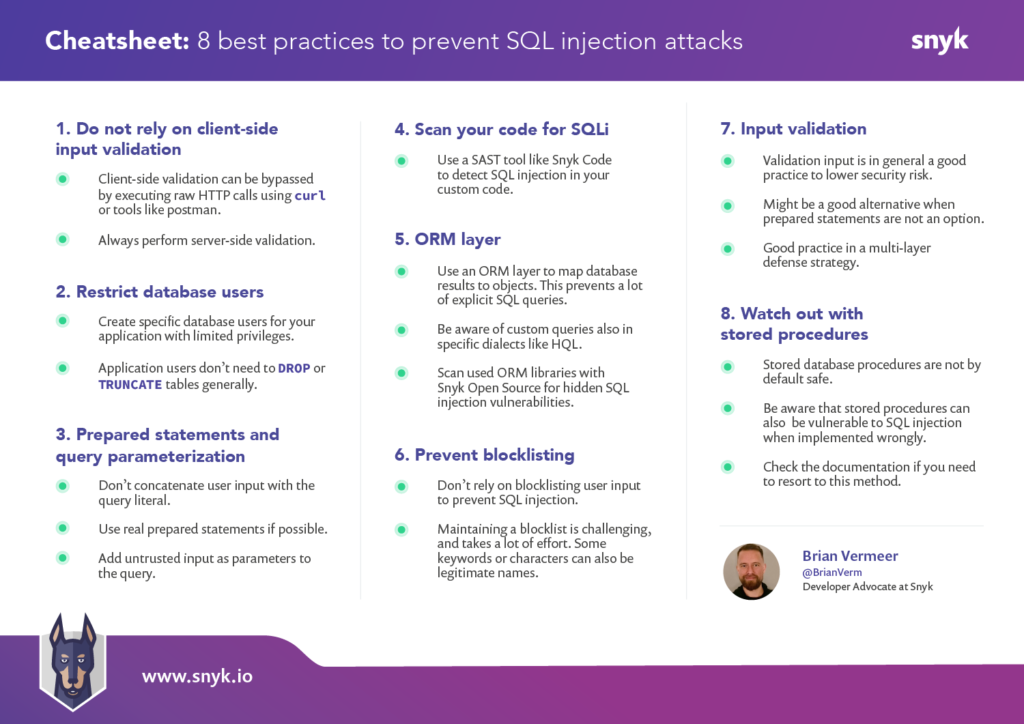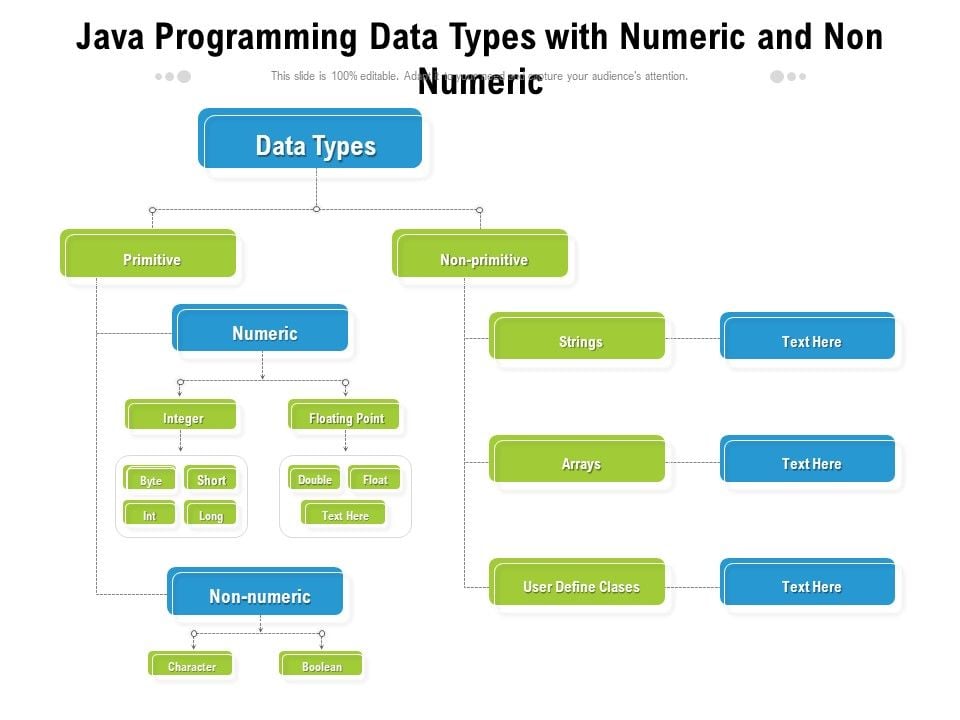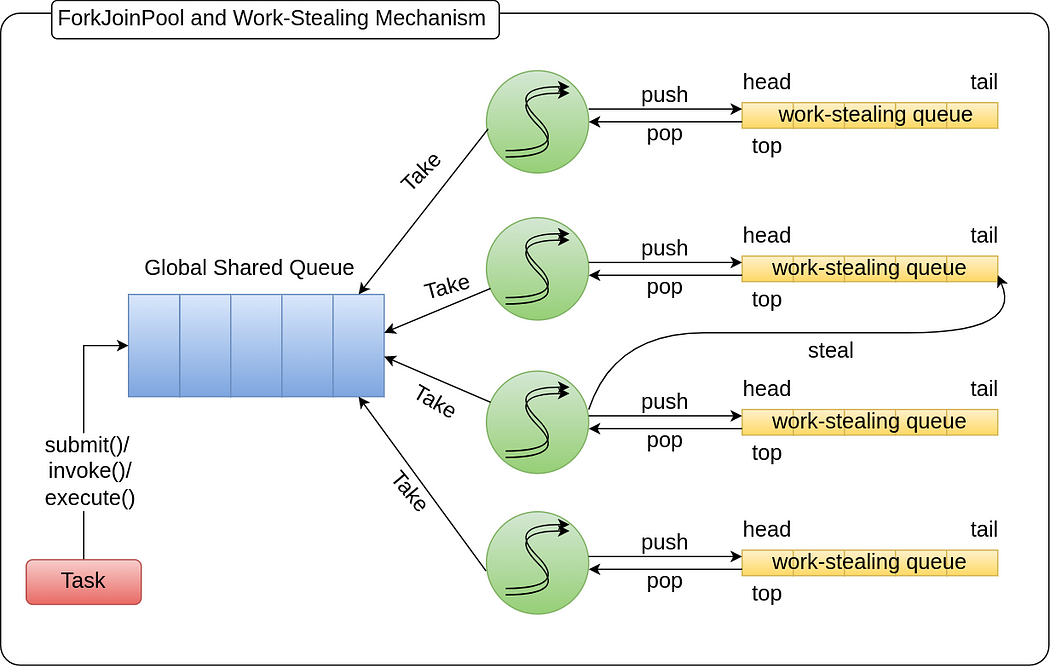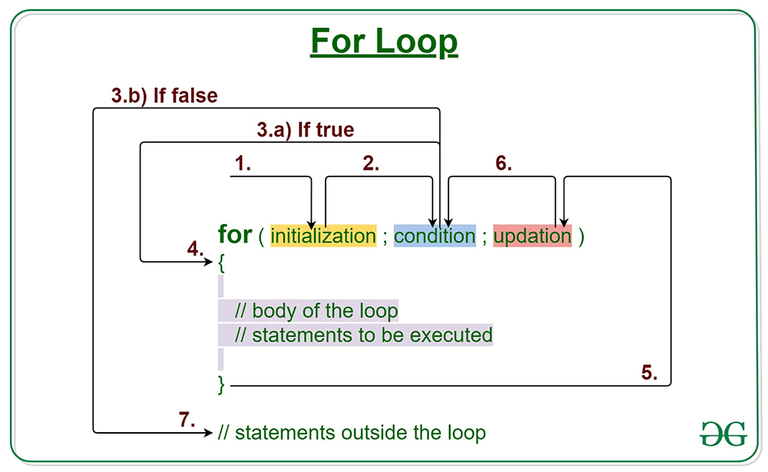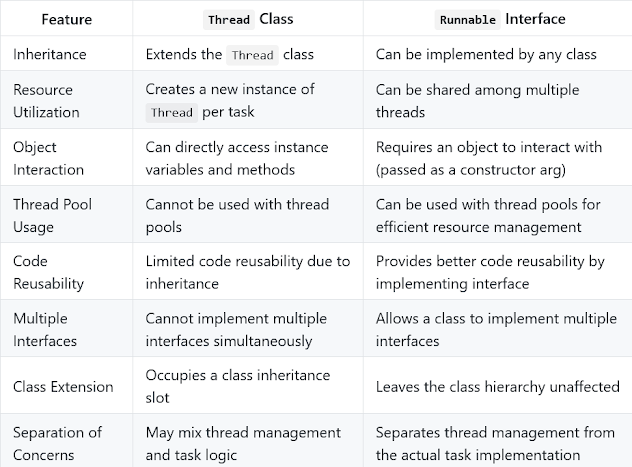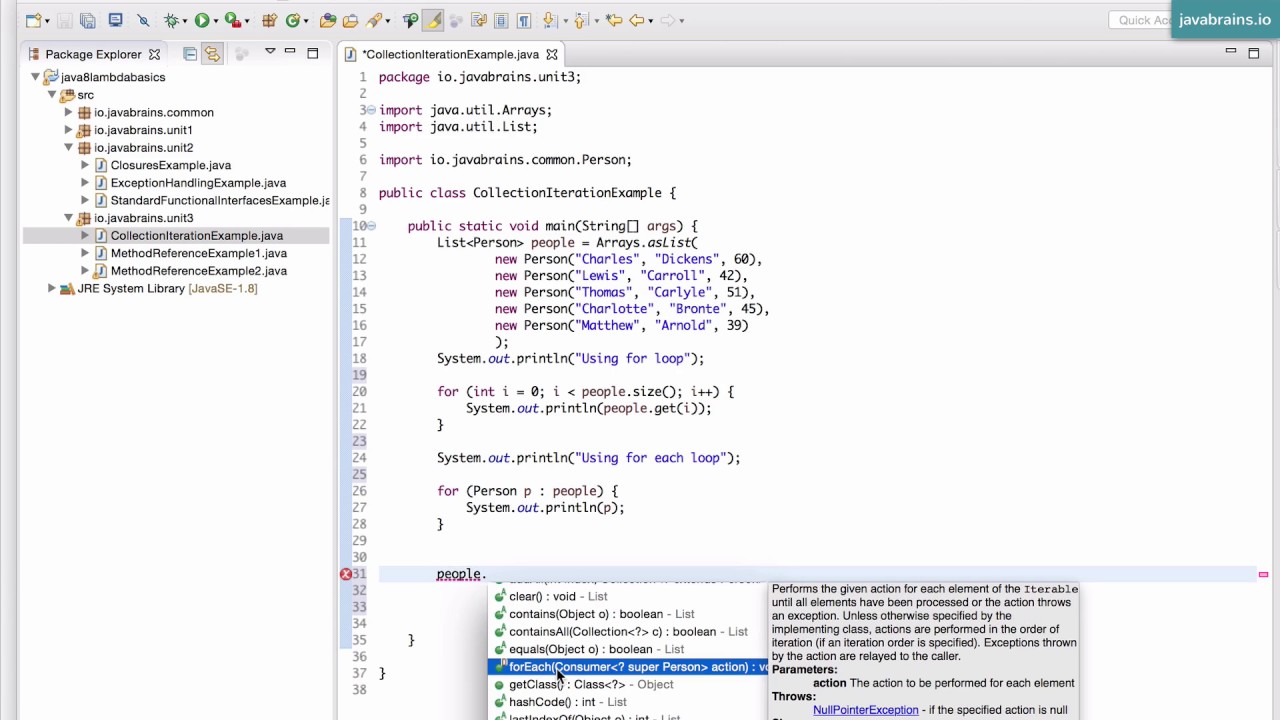Is singleton thread-safe in Java?
Is singleton thread-safe in Java?

The infamous singleton pattern!
In Java, the singleton design pattern is typically implemented by creating a class with a private constructor and a public static method to retrieve the single instance of the class. The idea is that there's only one instance of this class in the entire application.

Now, when it comes to thread-safety, things get a bit more complicated. In general, the singleton pattern itself doesn't guarantee thread-safety, as multiple threads may still attempt to create separate instances of the same class, potentially leading to unintended consequences.

To illustrate this, consider the following (naive) implementation:
public class Singleton {private static Singleton instance;
public static Singleton getInstance() {
if (instance == null) {
instance = new Singleton(); // Thread-unsafe!
}
return instance;
}
private Singleton() {} // Private constructor to prevent instantiation
}
In this implementation, the getInstance() method creates a new instance of the singleton class whenever it's called and no instance has been created yet. However, if multiple threads call getInstance() concurrently, each thread may create its own separate instance, effectively violating the singleton principle!
To address this issue, you can use various synchronization techniques to ensure that only one instance is created, even in a multi-threaded environment. Here are a few strategies:
Double-checked locking: This approach uses synchronized blocks and a lazy initialization mechanism to prevent multiple threads from creating separate instances.Initialization-on-demand holders: This technique uses a nested class with apublic class Singleton {private static volatile Singleton instance;
public static synchronized Singleton getInstance() {
if (instance == null) {
instance = new Singleton(); // Synchronized!
}
return instance;
}
private Singleton() {} // Private constructor to prevent instantiation
}
private static holder instance that's initialized only when the outer class's getInstance() method is called.
Bill Pugh singleton: This approach uses a static nested class with anpublic class Singleton {private Singleton() {} // Private constructor to prevent instantiation
public static Singleton getInstance() {
return Holder.INSTANCE;
}
private static class Holder {
private static final Singleton INSTANCE = new Singleton();
}
}
enum-based initialization mechanism, which ensures that only one instance is created.
public enum Singleton {INSTANCE;
public static Singleton getInstance() {
return INSTANCE;
}
private Singleton() {} // Private constructor to prevent instantiation
}
In summary, while the singleton pattern itself doesn't guarantee thread-safety, you can use various synchronization techniques, such as double-checked locking, initialization-on-demand holders, or Bill Pugh's approach, to ensure that only one instance is created in a multi-threaded environment.
I hope this helps clarify the importance of thread-safety when implementing singletons in Java!
java singleton thread safe

A Java Singleton! A classic problem in software engineering that requires careful consideration of thread safety.
In Java, a Singleton is typically implemented using the "Lazy Initialization" approach, which ensures that the instance of the class is created only when it's first requested. However, this approach doesn't inherently guarantee thread-safety.
Let's dive into some possible pitfalls and how we can address them:
The Classical Approach:public class Singleton {
private static Singleton instance;

public static Singleton getInstance() {
if (instance == null) {

instance = new Singleton();
}
return instance;
}
}
This approach is vulnerable to a race condition, where two threads might create two instances of the Singleton, violating the single-instance requirement.
Double-Check Locking:public class Singleton {
private static volatile Singleton instance;
public static Singleton getInstance() {
if (instance == null) {
synchronized (Singleton.class) {
if (instance == null) {
instance = new Singleton();
}
}
}
return instance;
}
}
Double-check locking adds an extra check inside the synchronized block to prevent unnecessary locks. While this approach is more thread-safe, it's still prone to performance issues and may not be suitable for high-concurrency scenarios.
Lazy Initialization Holder Class:public class Singleton {
private Singleton() {}
public static Singleton getInstance() {
return LazyHolder.INSTANCE;
}
private static class LazyHolder {
private static final Singleton INSTANCE = new Singleton();
}
}
This approach uses a holder class to lazy-load the instance. The LazyHolder class is initialized only once, and the INSTANCE field is guaranteed to be created in a thread-safe manner.
public class Singleton {
private Singleton() {}
public static final Singleton INSTANCE = new Singleton();
}
Immutable Singletons are inherently thread-safe because they're immutable, so there's no possibility of two threads creating different instances.
Eager Initialization:public class Singleton {
public static final Singleton INSTANCE = new Singleton();
}
Eager initialization creates the instance as soon as it's loaded into memory, ensuring that only one instance exists across all threads.
In conclusion, designing a thread-safe Java Singleton requires careful consideration of the trade-offs between performance, concurrency, and immutability. The best approach depends on your specific requirements and constraints. If you need high-concurrency and performance-critical code, consider using the Holder Class or Immutable Singleton approaches. For simpler scenarios, Eager Initialization might be sufficient.
Remember: "Thread-safety is a shared responsibility!"

